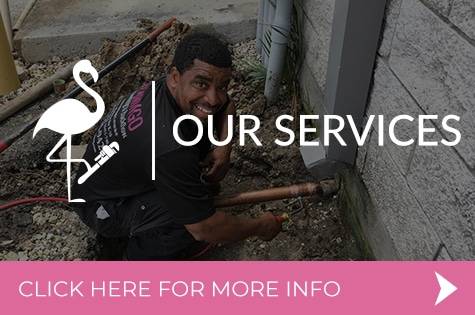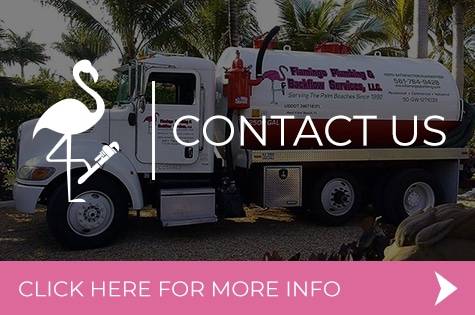A water heater is an essential part of any home in this modern age because it guarantees a constant supply of hot water for a variety of uses. Knowing the ins and outs of water heaters is essential whether you’re looking to buy a new one, trying to spot damage, or handling an unexpected breakdown with water heater repairs. This extensive guide covers every aspect, from selecting the best water heater to identifying damage and responding to emergencies.
Keeping Up With Your Water Heater
In contemporary living, water heaters have seamlessly woven themselves into the fabric of our daily routines, akin to the indispensability of smartphones. The selection of an appropriate water heater is pivotal to ensuring its efficient use, considering the diverse array of options available in the market. Choices range from the cost-effective Conventional Storage Tank to the energy-efficient alternatives like Tankless, Heat Pump, Solar Powered, and Condensing Water Heaters. Your decision rests on a delicate balance between budget considerations and the specific requirements of your household.
For those seeking an economical solution, the Conventional Storage Tank Water Heater presents a viable option. However, it may fall short for those with higher demands for hot water. Conversely, the Tankless, Heat Pump, or Solar Powered alternatives offer energy efficiency but often come with a slightly steeper initial cost, providing a long-term benefit in terms of energy savings.
Irrespective of the type chosen, regular maintenance emerges as the linchpin for a well-functioning water heater. Strategic placement, meticulous temperature settings, and routine checks for sediment buildup stand as essential practices to prolong the life and efficiency of your water heating system. This careful attention to maintenance not only ensures a consistent supply of hot water but also contributes to energy efficiency, thereby aligning your water heater’s performance with the demands of modern, eco-conscious living.
Signs You Need Water Heater Repairs
One of the most noticeable signs that your water heater may be in need of repairs is insufficient hot water. If you find yourself constantly running out of hot water sooner than usual or struggling with lukewarm temperatures, it could be indicative of an underlying issue that requires attention.
Leakage is another common red flag that should not be underestimated. While a small drip may seem inconsequential, unchecked leakage has the potential to escalate into a more severe problem, causing damage to the surrounding area and even leading to structural issues if not promptly addressed.
Unusual sounds emanating from your water heater can also serve as a telltale sign of potential problems. Often, these sounds are a result of mineral buildup within the tank, which can compromise the efficiency and longevity of the system. Addressing these sounds early on can help prevent more extensive damage.
Discolored water is another cause for concern, as it may indicate rusting components within the water heater. Rust not only affects the quality of the water but can also lead to more significant issues within the appliance. If you notice a change in the color of your hot water, it’s advisable to seek professional assistance promptly.
Common Hot Water Heater Noises and How To Fix Them
The hot water heater stands as a crucial component, providing comfort and convenience. However, it’s not uncommon for these indispensable devices to emit various noises, and understanding the source of these sounds can be instrumental in early issue identification and effective resolution. One of the common auditory cues that homeowners may encounter is the ticking sound emanating from the water heater. Typically, this can be attributed to changes in water pressure, a concern that is usually rectifiable by adjusting the pressure-reducing valve. A simple calibration can often bring about a quiet operation and restore the equilibrium of the water pressure system.
Banging noises, on the other hand, are indicative of sediment buildup within the water heater tank. As minerals settle at the bottom over time, they can create a barrier that hampers the heating process. Regular maintenance in the form of tank draining, ideally performed twice a year, becomes imperative to eliminate this sediment buildup and ensure the smooth functioning of the water heater.
For those with electric water heaters, crackling and hissing sounds may raise concern and point towards potential issues with the heating elements. Periodic checks and potential replacements of these elements can alleviate these noises and ensure the efficiency of the heating system. In the case of gas or oil-powered heaters, the presence of moisture can contribute to these sounds, necessitating a thorough inspection and addressing the moisture source promptly.
Loud screeching noises can signify valve problems within the water heater system. Adjustments to the valves can often mitigate these sounds and contribute to a noise-free operation. Ignoring such valve-related issues may lead to more severe problems over time, making timely adjustments an essential aspect of hot water heater maintenance.
Who Fixes Water Heaters?
Water heater troubles can be addressed by various professionals, each with specific expertise. Local plumbers, HVAC technicians, water heater service providers, and even home warranty companies offer solutions tailored to different needs.
DIY troubleshooting is possible for minor issues, but complex problems should be left to professionals to ensure safety. Prioritize reaching out to the right experts to guarantee a swift resolution. Flamingo Plumbing and Backflow stands out as a reliable option, providing a wide range of plumbing services, including water heater repairs and installations.
What to Do If Your Water Heater Breaks
A broken water heater can lead to extensive property damage and higher water bills. Recognizing signs of impending breakdown, such as leaks, discolored water, or odd noises, allows for proactive measures. In the event of a breakdown, follow these steps:
- Power off the appliance to prevent further damage.
- Cut the water supply to minimize water wastage and potential property damage.
- Drain the appliance using a hose to remove water safely.
- Relieve pressure by opening the pressure valve, taking precautions for hot water.
- Drain sediments by running cold water through the tank to clear any buildup.
- Make an insurance claim, even for minor damage, and contact professional plumbers like Flamingo Plumbing and Backflow to assess and fix the issue.
Having a reliable water heater is essential for everyday comfort. When breakdowns occur, following the outlined steps ensures a systematic approach to minimize damage. Flamingo Plumbing and Backflow stands ready to assist with a wide range of plumbing, backflow, and water heater services.
This guide provides a holistic view of water heater repairs. Whether you’re a first-time buyer or facing a sudden breakdown, understanding the complexities of water heaters is crucial for a hassle-free experience.





